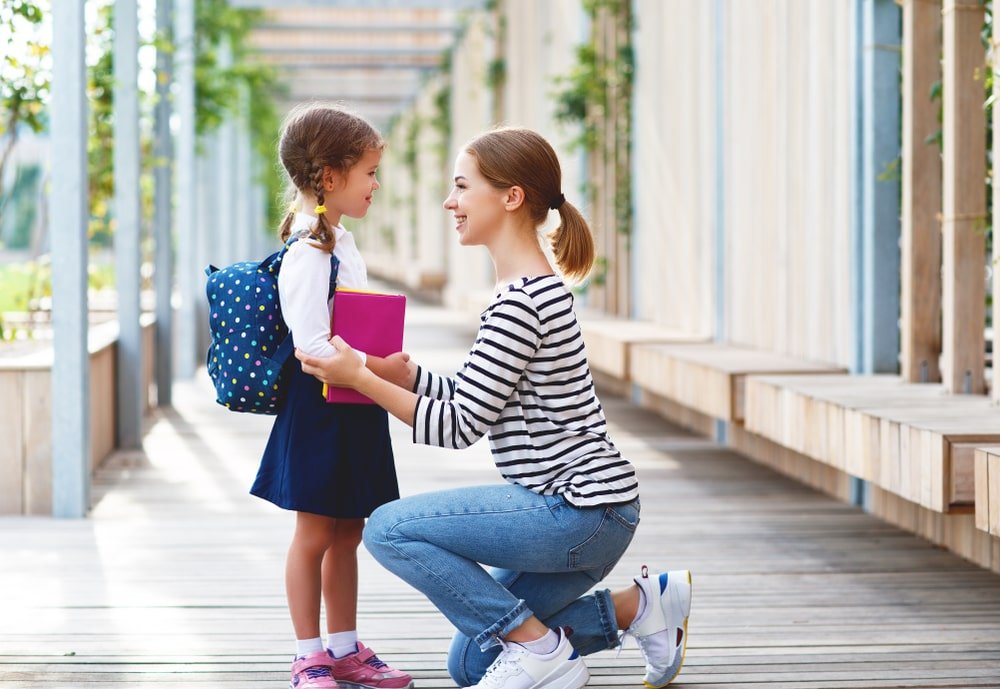“What is wrong with my child? I pick him up from school and he completely loses it, yelling, crying and meltdowns over the smallest things such as asking him what he wants for dinner! I’ve spoken to the teacher as I thought maybe he does this at school and perhaps there’s a problem there such as bullying or work that was too hard making him feel anxious but she said he enjoys school, completes his work and has lots of friends. What’s going on, I don’t know what’s wrong”
I know many of you can relate as I hear this from numerous parents who worry their child may be experiencing anxiety. Let me reassure you this is completely…..Normal, yes breathe a sigh of relief as it is simply developmental.
When school is over and they see you, they know you are their safe space to let it all go, they are exhausted from all the day’s expectations and can finally release all of the stress and frustration they have felt throughout the day but understood school was not an appropriate or safe place to completely lose it.
As adults we must acknowledge that during the day our children have an extended period of time without our support, then they need to concentrate on school work, know where and how to sit, use manners, remember when to use a quiet or loud voice, told when they can eat and how long they can have breaks for, they navigate friendships, play sport and the list goes on.
A young child who can hold it together and focus all day at school is doing incredibly well. A young child does not physically have the same tolerance level for stress as we have as adults with our fully developed brains as our children only start growing a prefrontal cortex when they start kindergarten with a big growth spurt between ages 6 and 8 years, it continues to grow until the mid 20’s. The prefrontal cortex is responsible for planning, self regulation, empathy, attention, problem solving and reasoning. It’s no wonder Scandinavian students do so well at school, they don’t start formal education until after the age of 7!
How can we help our kids transition from School to home?
- Connect with them, be excited to see them, get off your phones and greet them.
- Don’t Bombard them with questions, give them time to decompress.
- Have healthy snacks at the ready, many kids get “hangry” after school.
- Have an area they can relax in after school, have an understanding after their snack they can go and play or chill out in their room (or whatever you and your child decides) where there are no expectations of them for at least the next 30mins.
- Have a visible schedule so they can see what they need to do when they feel relaxed. It may be a small amount of homework, family dinner, bath, reading and bed. Make it predictable as the brain feels safe when we have routine.
These 5 tips transformed the above mum’s home after school, “of course there’s occasional outbursts but they never last long and I feel like I have a plan in place that actually works.”

